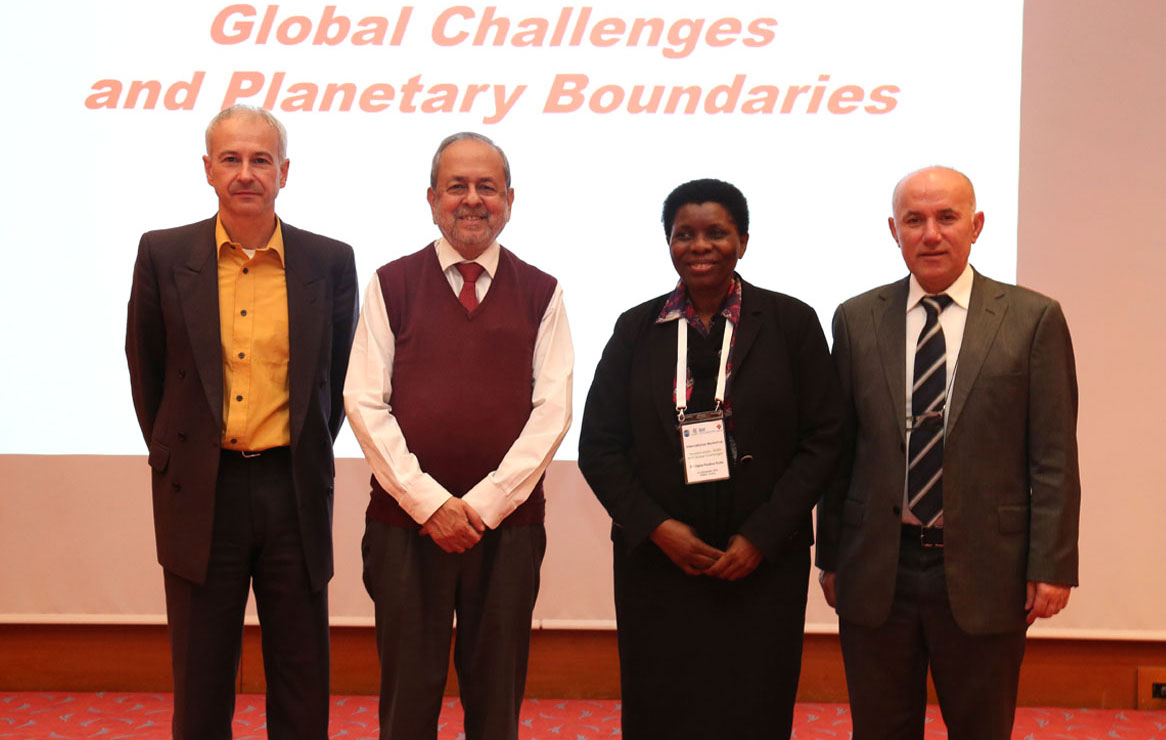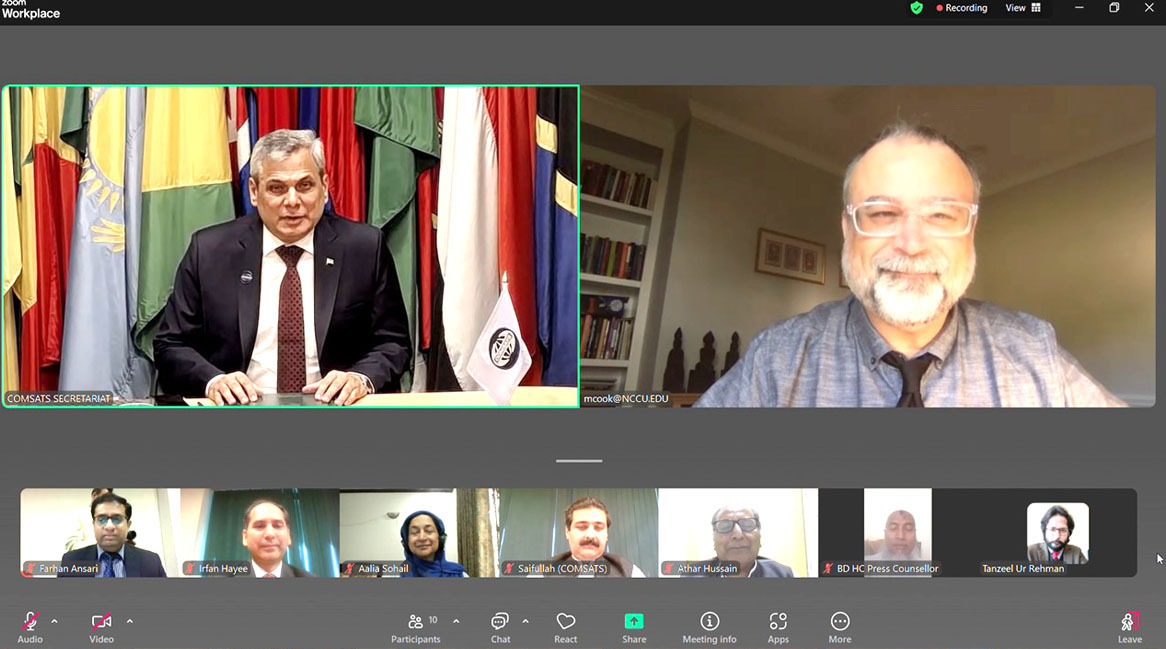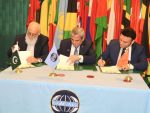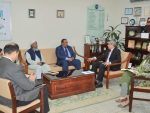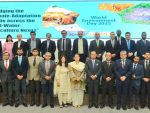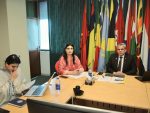The International Workshop titled ‘Learning about Sustainability, SDGs and Global Challenges’ successfully concluded in Gebze, Turkey. The three-day event was jointly organized b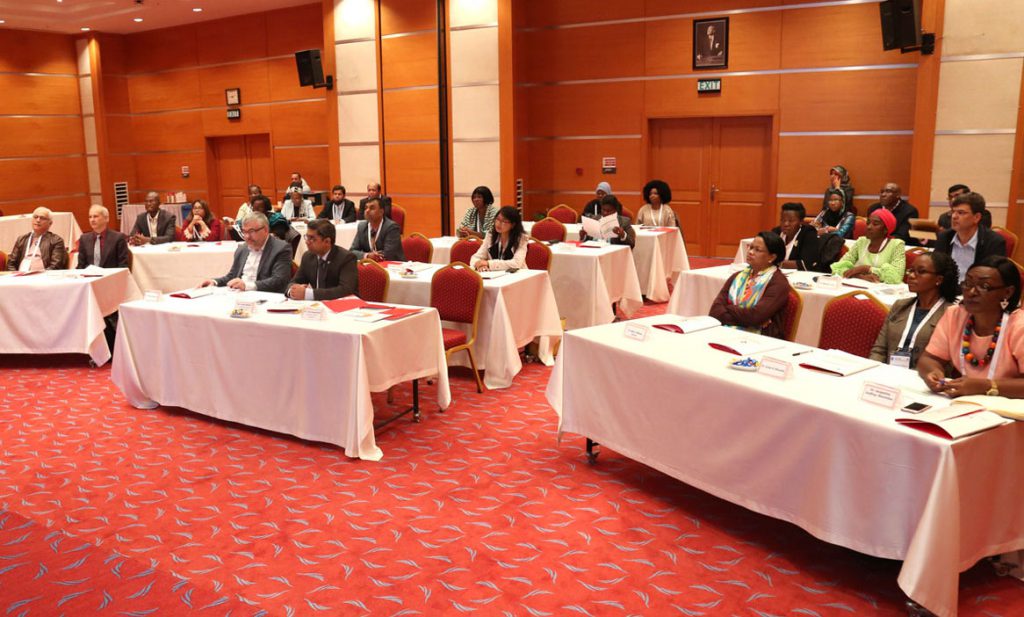 y the Commission on Science and Technology for Sustainable Development in the South (COMSATS); The World Academy of Sciences (TWAS); and the Scientific and Technological Research Council of Turkey (TUBITAK). Thirty five scientists belonging to Algeria, Botswana, Bangladesh, Benin, Burkina Faso, Congo, Italy, Kenya, Mali, Nepal, Niger, Palestine, South Africa, Senegal, Sri Lanka, Tanzania, Togo, Turkey and Uganda attended the event. The major sponsor of the event was the Swedish International Development Cooperation Agency (SIDA).
y the Commission on Science and Technology for Sustainable Development in the South (COMSATS); The World Academy of Sciences (TWAS); and the Scientific and Technological Research Council of Turkey (TUBITAK). Thirty five scientists belonging to Algeria, Botswana, Bangladesh, Benin, Burkina Faso, Congo, Italy, Kenya, Mali, Nepal, Niger, Palestine, South Africa, Senegal, Sri Lanka, Tanzania, Togo, Turkey and Uganda attended the event. The major sponsor of the event was the Swedish International Development Cooperation Agency (SIDA).
The event comprised of four sessions covering various topics pertaining to the achievement of sustainable development goals. Each session included a plenary presentation by a resource person, followed by discussions in breakout sessions as well as presentation of recommendations by the groups of participants. The plenary presentations were made by Dr. Max Paoli (TWAS, Italy) on ‘sustainable development, SDGs, planetary boundaries’; Prof. Boudjéma Samraoui (University of Annaba, Algeria) on ‘biodiversity and the 6th mass extinction’; Prof. Fehmi Akgün (TUBITAK Energy Institute, Turkey) on ‘the energy challenge: fossil fuel dependency and the future’; and Prof. Pauline Dube (University of Botswana, Botswana) on ‘greenhouse effect, climate change, future consequences’. These presentations provided backdrop for meaningful discussions and deliberations on the topics of education for sustainable development, ecosystems and development, the future of energy and demands of development, and climate catastrophe and the role of individuals.
The brainstorming sessions of the event enabled the participants to chalk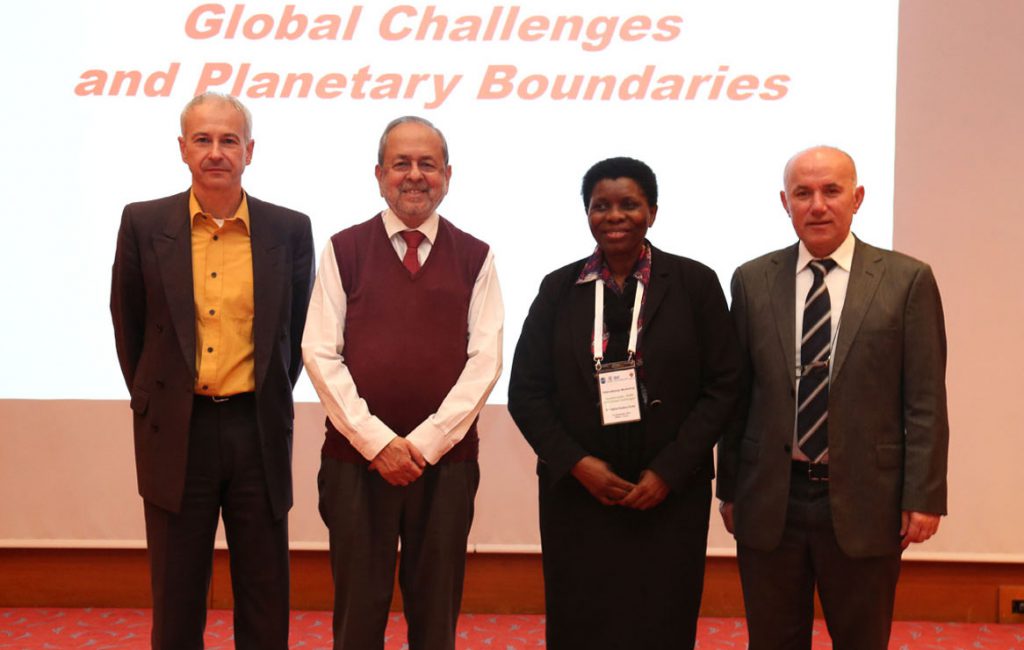 -out recommendations in order to address the socio-economic challenges in their countries/regions. To help address food security issues linked to climate change, the participants recommended research and development on crops that are salinity-resistant, temperature-resistant and use less water, use of hydro-retentive fertilizers such as polyter, and even changes in diet (considering crops that consume less resources and time). For averting floods and droughts, the participants recommended the construction of dams, afforestation, construction of drainage systems and channels, etc. For reducing carbon emissions, they recommended the use of biomass fuel, biogas, pyrolysis, solar PV, wind energy, geothermal energy, hydroelectricity, ocean energy, etc. as well as identified applications of these energy sources in different sectors. In order to reduce biodiversity loss, the participants recommended limiting the use of pesticides, preserving forests, proper waste management systems, and stopping the misuse of antibiotics and other drugs.
-out recommendations in order to address the socio-economic challenges in their countries/regions. To help address food security issues linked to climate change, the participants recommended research and development on crops that are salinity-resistant, temperature-resistant and use less water, use of hydro-retentive fertilizers such as polyter, and even changes in diet (considering crops that consume less resources and time). For averting floods and droughts, the participants recommended the construction of dams, afforestation, construction of drainage systems and channels, etc. For reducing carbon emissions, they recommended the use of biomass fuel, biogas, pyrolysis, solar PV, wind energy, geothermal energy, hydroelectricity, ocean energy, etc. as well as identified applications of these energy sources in different sectors. In order to reduce biodiversity loss, the participants recommended limiting the use of pesticides, preserving forests, proper waste management systems, and stopping the misuse of antibiotics and other drugs.

